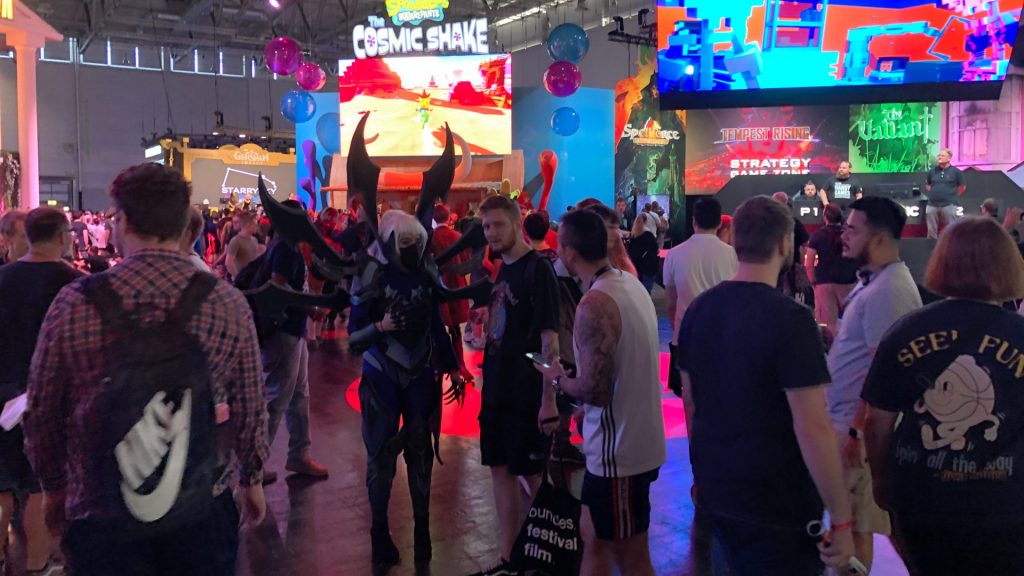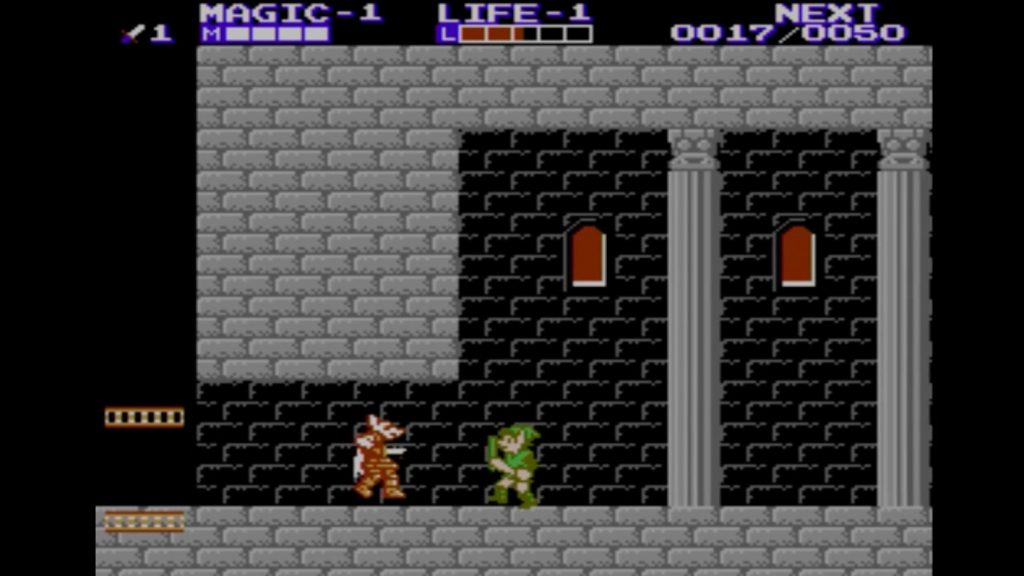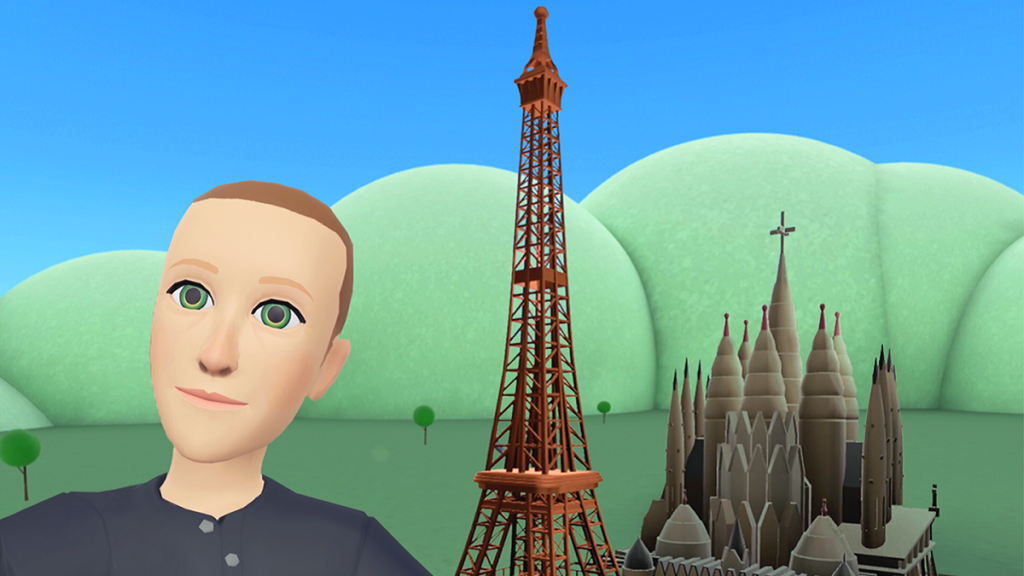Back at the Gamescom event in Cologne Germany, we had the opportunity to interview ‘the king of the console’ Nolan Bushnell. As the inventor of Pong, which recently celebrated its 50-year anniversary, Bushnell is considered by many to be the initial driving force behind the creation of the gaming console. Having someone as prestigious as Bushnell praise the immersive nature of VR and the potential of blockchain provides hope for the future of these spaces.
Original story by Daniel Griffiths follows:
If one person could ever lay claim to ‘inventing video games’ that person should be Nolan Bushnell. Sure, he didn’t personally dream up and program Space War for the DEC PDP-1 minicomputer. And arguably there were games consoles before his world-conquering Atari VCS.
But it’s that one word – Atari – that Bushnell can DEFINITELY lay claim to, and with it millions of present-day gamer’s first exposure to ‘joysticks’, ‘cartridges’ and ‘video games’ and the phenomenon of chunky on-screen graphics being magically reconfigured into space craft, monsters, super heroes and more, within fervent minds in search of new excitement.
We caught up with ‘the godfather of games’, ‘the king of the console’, and – quite probably – the reason I’m typing this and you’re reading it, at the recent Gamecom event in Cologne, Germany.
Though eager to find out more about his new blockchain-based project with Moxy, we couldn’t resist taking time to talk of times gone by and to get his take on the current face and future of gaming.

So here we are at Gamescom with all these games and all these platforms and formats. This was all your idea right?
“I think that you can never take away my ‘genesis chapter’, right at the start, but I think that games have always been in the human psyche forever. So games have just moved along with whatever technology that appears. So from sticks and bats, and with the introduction of plastics… Of batteries… And of course as soon as you have practical and affordable miniature electronics, it’s sort of natural that video games would happen. I just happened to be the right guy at the right time.”
It’s always seemed like a huge leap, moving from the ‘safe’ world of making arcade games to creating your own home machine and ‘inventing the games console’. What prompted you to make that leap?
“In those days it was really about what was possible with the technology. And the minute that the technology gave you a cost versus win that was acceptable you just had to go with it. The minute we could put Pong on a chip, we had to put Pong in the home! But the industry of buying a game console to play one game – Pong – that was clearly not sustainable. But the microprocessor hadn’t been invented. But in two years the microprocessor WAS invented and the notion of programming a cartridge became possible. And with that invention came the Atari 2600. I was always determined to use the technology that was available first. And to use it for games.”
What was the first breakthrough that made that first home games console possible?
“When Atari started we thought that we would modify the minicomputer so that it could play games. But the minicomputer was woefully slow. I had to keep unloading its CPU by creating these little hardware circuits to take care of some of the ‘housekeeping’ of the program. Things like keeping the score. But it was just too slow, so I had to abandon it. But three days later I had an idea. I thought ‘Why don’t I just do it ALL with circuits? Do it ALL in hardware?’ The first video games were not programs. There was no programming. They were just digital signal generators. The microprocessor hadn’t been invented! All the games before 1976 were all solid-state machines. A lot of people don’t know that. There’s no software or language.”
What have been your favourite leaps in technology that have inched games closer to where we are today?
“There are two or three things. One was Direct X, running on the PC. Another was Doom and the invention of that game’s ‘.wad’ files. You could create mods and things like that. They were able to do things with the computer that up to then had been very, very hard to do. And the next was Myst. For me that was a very, very important milestone. A game with a story. It was the first time that you played a game and you felt like you’d been there… So the realism, the sounds, the immersion, it was very compelling.
“I think the introduction of the ‘real’ story game is so important. I have to take my hat off to the Japanese. You could say Pitfall was kind of ‘a story game’, but not like The Adventure of Link!

“And think that the next step has been VR. Where you were REALLY immersed in a game for the first time.
“I always think of it like there’s a kind of continuum. There are ‘game’ games [he gestures far left] and then there are movies [he gestures far right]. And there’s a whole landscape in between. And when I think of Atari, we were kind of over here [he indicates mid left] but the Japanese brought it over here [he indicates mid right]. And things like Dragon’s Lair moved it even closer to ‘movie-ness’ as the technology improved to allow real cinematic visuals and to better the ways in which you can tell a story.
It feels like these days with Unreal Engine and Unity, it’s kind of like cheating. Like they’re doing the hard work and all you’ve got to do is populate it with assets.
“But that’s always been the case. Think about the early movie camera, that you had to wind up, and fill with 8mm film. And then think about a modern HDMI video camera. Has movie making really changed? It certainly got a lot easier. The evolution of the tools you use is just lockstep with the evolution of technology. What you DO with it doesn’t really change.”
How do you feel about blockchain, the rise of free to play, and today’s innovations in games.
“There’s always innovation, and with it monetisation. It has to affect what you can technically create and what the market will create. The economics of it. Innovation will always change the nature of what we’re doing.”
And your work with Moxy. That’s a result of just such an innovation?
“We’ve been working on an ecosystem for competition. The blockchain allows us to transmit value securely and easily. So I think I’m going to play League of Legends, and I think I’m going to beat you. I can wager 10 MOX and you wager 10 MOX and the smart contract will watch what happens and pay the right person.
“And it works with 20 versus 20, 100 versus 100, 1000 versus 1000… You could have a whole tournament where the last person standing wins $1m.”
And do developers need to build this into their game?
“It’s a tack-on. All a developer needs to do is say ‘yes’ and our API stack bolts on. It’s very simple. We’re two weeks from having our developer package ready.”
And Moxy takes a cut because the player needs to purchase the token?
“And the developer can benefit too. There are going to be games that might be out of fashion, or end of life, that can be brought back as a revenue provider for these companies.”
It’s interesting how divisive blockchain is within games. What do you think the big ‘block’ is with hardcore gamers and blockchain?
“I think gamers are practical, so if you’re talking about ‘game’ gaming, blockchain doesn’t mean anything to them. What we’re doing is using blockchain simply as a tool to transfer value. And that’s properly ‘meta’. If you’re talking about the metaverse, will there be an arcade in the metaverse? Yes. What will the metaverse use for pay to play? Will that have to be an Axie Infinity? Will you have to buy a stupid NFT in order to play? When you ask a lot of different people and you get a lot of different answers, that means that it’s not developed yet, but it will be.”
How to you feel about Meta and their version of the metaverse?
“Meta and Facebook want to create a walled garden. Walled gardens tend to fracture. If they can do it… But I’d rather have an open metaverse. The enforcement mechanism is hardware. The Apple App Store is really created through hardware. Once you’ve bought into the Apple eco-system you have to play their game. But on the internet, we fight against walled gardens. That will be where the evolution happens. Innovation fights against walled gardens.”

As the guy who created the console industry, how do you feel about the way things are moving with streaming games, and the fact that, in maybe five years time, we won’t need a console any more?
“I’ve no problem with that. I used to have an extensive collection. Games on floppies… Games on CDs… I had a lot of music on CDs. I don’t have any of that. I trashed them all a couple of years ago.”
Before we wrap up I have to ask what your favourite Atari game was. One where you really thought you’d pushed what was capable with the tech of the time?
“I think that was Tempest. That was the first time we really created a graphic display that was large. It was a very hard technology to do at the time. Transistors did not want to switch at high voltage! So today if you see a Tempest or an Asteroids machine I guarantee you that the video card will have been hammered and 100% replaced. They just broke.”
Here’s to the future, and good luck with Moxy. We can’t wait to give it a try.
“It’s going to be revolutionary for both players and publishers. I think it’s going to be fun.”
Paige Cook is a writer with a multi-media background. She has experience covering video games and technology and also has freelance experience in video editing, graphic design, and photography. Paige is a massive fan of the movie industry and loves a good TV show, if she is not watching something interesting then she's probably playing video games or buried in a good book. Her latest addiction is virtual photography and currently spends far too much time taking pretty pictures in games rather than actually finishing them.



































